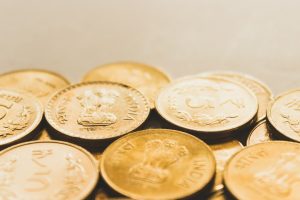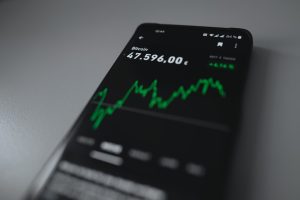Forex trading, or foreign exchange trading, is the process of buying and selling currencies in order to make a profit. It is a highly popular form of trading that attracts many investors from around the world. However, one question that is often asked by those who are new to the world of forex trading is: How much tax do you pay on forex profits?
The answer to this question depends on a number of factors, including the country in which you reside, the type of trading you are doing, and the amount of profit you are making. In general, however, there are a few things to keep in mind when it comes to taxes and forex trading.
Firstly, it is important to understand that forex trading is not exempt from taxation. Depending on your country’s tax laws, profits made from forex trading may be subject to income tax, capital gains tax, or both. This means that you will need to keep accurate records of your trading activity and report any profits to the relevant tax authorities.
Secondly, the tax rate you will pay on your forex profits will depend on your income bracket. In most countries, there are different tax brackets for different levels of income. If your forex profits put you in a higher tax bracket, you may end up paying a higher percentage of your profits in taxes.
Thirdly, the type of trading you are doing can also affect your tax liability. For example, if you are a day trader who buys and sells currencies within a single day, you may be subject to different tax rules than if you are a long-term investor who holds onto currencies for several months or even years.
Finally, it is worth noting that some countries have specific tax laws that apply to forex trading. For example, in the United States, forex traders are subject to a special tax treatment known as the Section 1256 contract. Under this tax law, traders are taxed at a lower rate on 60% of their profits, with the remaining 40% being taxed at the regular income tax rate.
In conclusion, the amount of tax you will pay on your forex profits will depend on a number of factors, including your country of residence, your income bracket, the type of trading you are doing, and any specific tax laws that apply to forex trading in your country. It is important to keep accurate records of your trading activity and consult with a tax professional to ensure that you are complying with all relevant tax laws and regulations. With the right approach, forex trading can be a profitable and rewarding activity that allows you to take control of your financial future.






